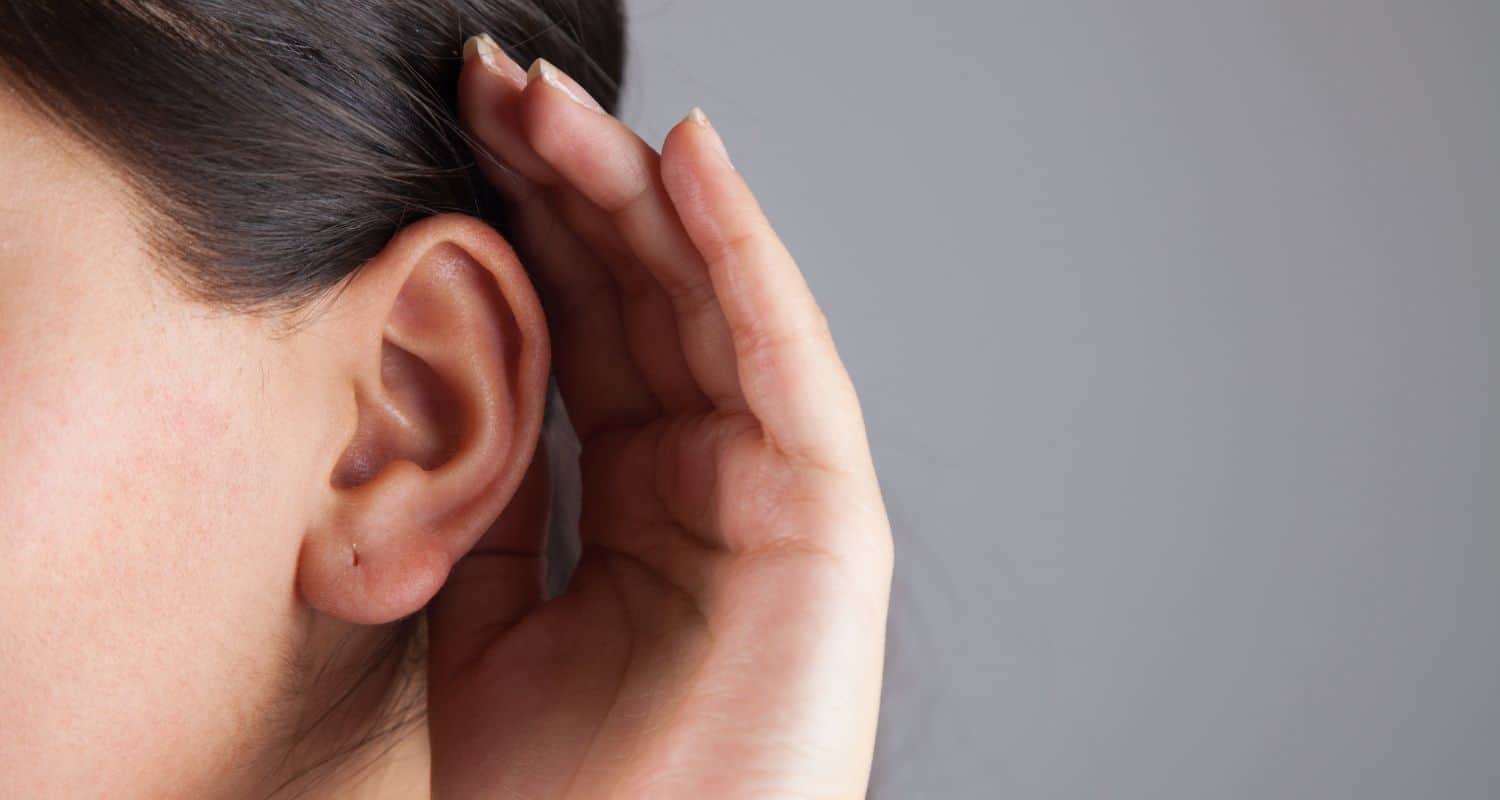Though hearing loss is one of the most common health issues people live with today, it is often undertreated. Over 48 million people, nearly 1 in 6, have some degree of hearing loss. But only a third of people who could benefit from treatment actually receive it. Symptoms tend to be ignored, and people are avoiding hearing tests. Delayed treatment not only worsens symptoms but can take a toll on various facets of everyday life: communication, relationships, social engagement, work, etc. Intervening early and addressing hearing loss can transform your health and wellness in monumental ways.
Scope of Inaction on Hearing Loss
Extensive research shows that there tends to be widespread inaction when it comes to hearing loss. A recent study that examines this was conducted by the American- Speech -Language -Hearing-Association (ASHA). Researchers surveyed over 2,000 adults and found that:
- More than 51% of all adults reported having hearing problems, but only 11% have sought treatment.
- More than 78% of those with hearing problems have experienced them for 1 or more years. Over 35% have had trouble for 5 or more years.
- 2 in 10 adults have had a hearing test in the past 5 years, compared with 6 in 10 who have had their vision tested.
This data highlights that hearing health tends to be deprioritized and that even when symptoms are experienced for a number of years, they can be ignored. Understanding why hearing is avoided and the impact of this highlights the importance of early intervention.
Why Are People Avoiding Hearing Tests?
It takes an average of 7 years for people to address their hearing loss. This significant delay in treatment can be caused by a number of reasons, including:
- Misconceptions: there are numerous misconceptions about hearing loss that often contribute to avoiding symptoms. Some misconceptions include that hearing loss only affects older adults, is curable, and can be dealt with later, and that it is not a serious condition. It is important to know that there are several causes of hearing loss that affect people of all ages (loud noise exposure, head injuries, and other medical conditions) and that most cases of hearing loss are not curable. The longer one waits for treatment, the greater hearing loss can become. This chronic medical condition strains hearing and communication, which are essential ways people navigate everyday life so the effects are significant.
- Stigma: it can also be stressful and overwhelming to acknowledge changes with hearing health. People may feel embarrassed about their hearing loss and sharing it with others. Though hearing loss is incredibly common, there is still stigma associated with the condition which contributes to people avoiding it altogether.
- Avoiding hearing aids: hearing aids are the most common treatment for hearing loss. It is common to picture hearing aids as bulky and all too noticeable devices that you want to avoid wearing. This common misconception can prevent people from seeking treatment. But today’s hearing aids actually feature award-winning and sleek designs. They are more innovative than ever before, with a range of savvy features that allow the device to integrate into everyday life seamlessly.
Avoiding a hearing test and delaying hearing loss treatment can worsen hearing impairment and the symptoms one experiences. This can have multifaceted effects, including increasing health risks.
Impact of Untreated Hearing Loss
Hearing loss is a condition that reduces one’s capacity to hear and process speech as well as sound. Untreated symptoms can exacerbate hearing loss and amplify the effects, including:
- Strained communication: symptoms can make it challenging to engage in conversations. Hearing becomes tough which prevents people from fully participating in communication. This can lead to unpleasant interactions and miscommunication.
- Impact on relationships: communication is integral to relationships. Strained communication can affect quality time and connection with loved ones. Not being able to communicate with ease can produce frustration, tension, and distance in relationships.
- Social withdrawal: a major effect of untreated symposium is social withdrawal. To cope with symptoms, people tend to avoid conversations as much as possible. This includes spending less time with loved ones and skipping out on social activities.
- Increased health risks: extensive research shows that untreated hearing loss can increase health risks inflicting cognitive decline, accidental injuries, falls, and depressive symptoms.
These potential outcomes of untreated hearing loss can affect mobility, health, relationships, social life, and wellness.
This highlights the importance of intervening early to treat hearing loss. You can prioritize your hearing health today by scheduling an appointment for a hearing test.



